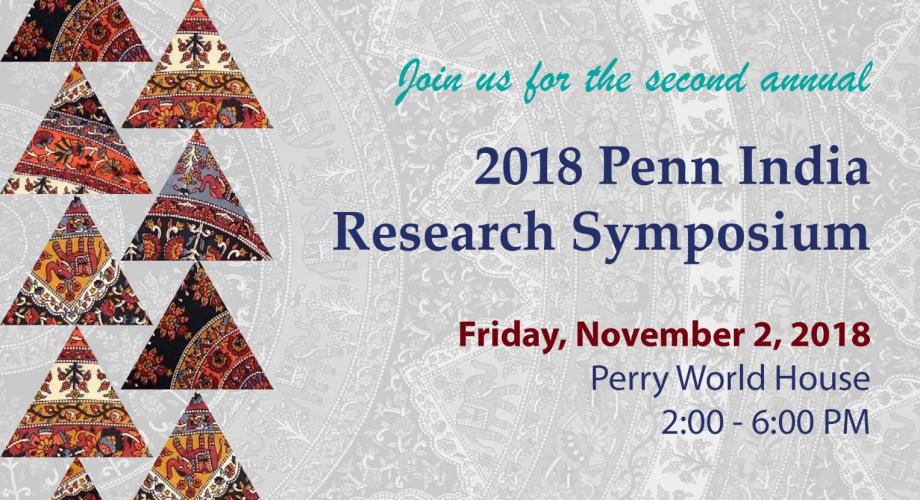The Gap Between Education and India’s Labor Market

Over the last thirty years, the Indian state has done a remarkable job ensuring its citizens have access to education. Beginning with state-level policies such as the Andhra Pradesh Primary Education Programme and Shiksha Karmi in Rajasthan in 1984 and 1987 respectively, and culminating in the Right to Education Act at the Centre in 2009, the legislative and programmatic attention to education has been tremendous. And with that, there has been a genuine expansion in access and provision at the primary level.
India’s Civilian Drone Industry: The Need for Greater Civil Society Engagement with Drone Regulations

On October 7, 2014, India’s aspirations of becoming a global leader in the manufacture and operation of unmanned aerial vehicles (UAVs; commonly known as drones) for civilian use were seemingly crushed overnight. The Directorate General for Civil Aviation (DGCA), India’s civil aviation regulator, issued a short public notice that prohibited any non-governmental entity in India from launching UAVs for any purpose whatsoever due to safety and security issues until regulations were issued.
CASI Student Programs Open House
3:00-5:00 p.m.
Join us at CASI's suite to meet Student Programs' alumni and learn more about their experiences in India!
CASI partners with for-profit and non-profit organizations working across India to provide summer internships on a range of development issues including health, rural development, environmental sustainability, education, gender, and social enterprise.
Time to Recalibrate India’s Afghanistan Policy?

“The Afghan Government’s willingness for peace is despite the fact that armed groups have identified themselves and demonstrated to all of us that they are the irreconcilables,” said India’s permanent representative to the United Nations, Syed Akbaruddin, at a Security Council meeting in March 2018. Despite its aversion to a similar outreach in 2015, when it viewed Ghani to be tilting towards Islamabad, India called the international community to support the 2018 outreach.
Automation and the Future of Jobs in India


We live in the age of artificial intelligence (AI) that has provided us with immense processing power, storage capacity, and access to information. The exponential development of technology gave us the spinning wheel in the first, electricity in the second, and computers in the third industrial revolution. In 2016, the World Economic Forum called AI “the fourth industrial revolution” that has radically transformed the way we live, work, and connect with each other. However, it has also given us regulatory challenges such as data ownership and labor protection.
The Invention of Rivers: Alexander's Eye and Ganga's Descent
About the Author:
Dilip da Cunha is an architect and planner working out of Philadelphia and Bangalore. He teaches at Harvard University and Columbia University and is author with Anuradha Mathur of Mississippi Floods: Designing a Shifting Landscape; Soak: Mumbai in an Estuary; and Design in the Terrain of Water.
Penn Global: Second Annual Penn India Research Symposium
2:00 - 6:00 p.m.
Each year, Penn Global hosts an interdisciplinary symposium to highlight Penn faculty work in India and foster interdisciplinary dialogue among stakeholders across campus to inform Penn’s ongoing engagement in India. The main feature of the Symposium will be the presentation and discussion of India-related research at Penn.
CASI Student Programs Internship Symposium
Learn about 2019 CASI Summer Internship Opportunities and hear 2018 Interns present on their summers in India!
India Connected: How the Smartphone is Transforming the World's Largest Democracy
Watch Full Video
About the Author:
Ravi Agrawal is the Managing Editor of Foreign Policy and an award-winning journalist. He previously worked for CNN for more than a decade in London, New York, and New Delhi, where he served as South Asia bureau chief. Agrawal currently lives in Brooklyn. India Connected is his debut book.


